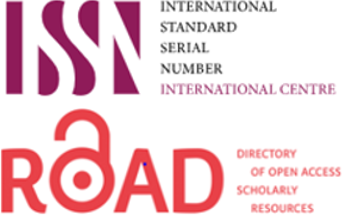Assessment of Coping Strategies for Parents of Autistic Child and their relation to educational level
DOI:
https://doi.org/10.58897/injns.v26i2.168Keywords:
Coping strategies, Autistic children, Parents, Educational levelAbstract
Objectives: To assess the coping strategies of parents of children with autism and the relationship of
different strategies with their educational level.
Methodology: A descriptive analytical study was carried out from Feb. 14th, 2013 through April, 10th
, 2013 in
several private rehabilitation centers of autism in Baghdad city. A non- probability (purposive) sample of 100
autistic children and 100 of their parents (father or mother) was assessed by a questionnaire which consisted of
two parts; the first part is concerned with the demographic characteristics of the child and demographic
characteristics of the parents; the second part consisted of 50 questions about coping strategies that were
distributed on 8 domains. The data were statistically analyzed by descriptive and analytical methods to find
frequency of the use of different coping strategies and their association with the educational level of parents.
Results: Planned problem solving strategy was found to has the higher chance of use by parents of autistic
children followed by seeking social support, whereas distancing strategy has the lower chance of use. Educational
level of parents was significantly associated with the use of positive coping strategies.
Recommendation: The study recommends the establishment of parents' self-help groups (support groups) and
educational programs for parents to improve their coping strategies.















